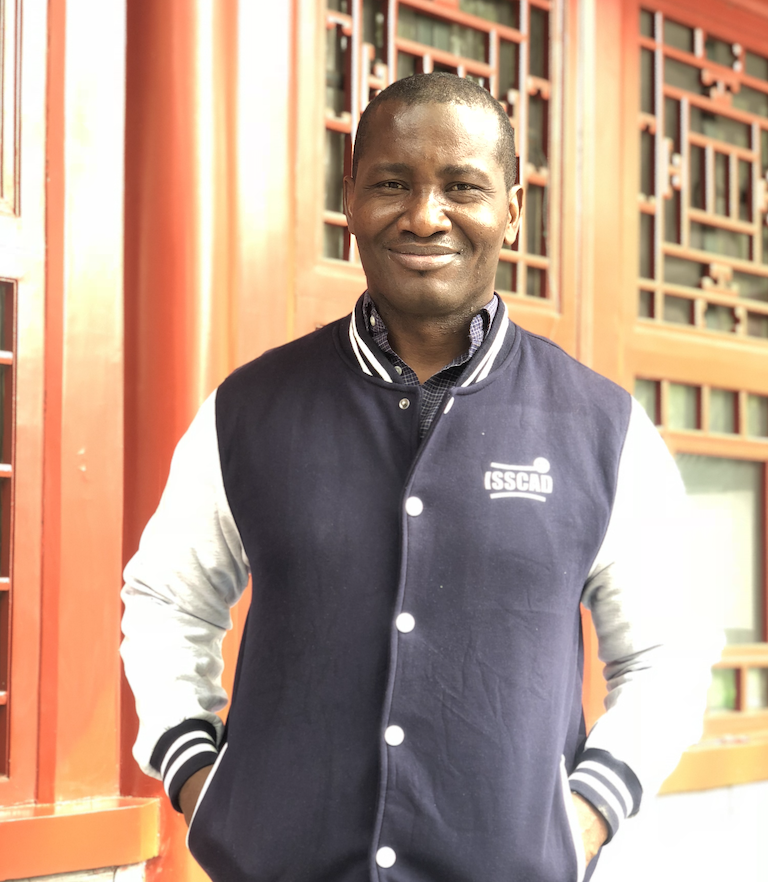As the human race became more advance in science and technology, especially in the field of medicine, the results of death related to outbreaks have taken a diminishing shift. Countries, learning by examples have been able to put in place rapid response mechanisms to quickly trace or quarantine people suspected of carrying diseases of a larger proportion. For example, the Severe Acute Respiratory Syndrome (SARS) of 2003 killed nearly 800 people worldwide.
Despite the poor infrastructure and fragile and unprepared health systems in the West African nations of Guinea, Liberia and Sierra Leone, the combined death toll from the Ebola Virus disease was limited to 11,000. History recalls that China was one of the very first nations to come to the rescue of the affected countries.
The latest outbreak of the Coronavirus disease in the Chinese city of Wuhan, Hubei province has gotten the world on a red alert. Though the death toll remains partially low, the spread has reached a global scale, and as of the time of this writing, the WHO noted that 12 or more countries to include Australia, Belgium, Canada, France, Germany have reported cases of the novel virus.
The spread of the disease got international medical labs on a 24/7 search for answers. The PRC has taken, as usual, a fast track approach to curbing the situation by intensifying tracing and quarantining of suspected carriers of the virus.
The economic impacts are enormous for a country that constitutes more than 20% of global manufacturing. The negative impact of slow growth and the on and off of a trade war with the USA could have severe effects on the economies of other nations, especially the fragile and aid dependents states of South Sahara Africa.
History speaks of the PRC’s strong spirit of resilience amid adversities whether it is the outbreak of disease, economic crisis, famine, or even war.
For example, the Great Chinese Famine of 1959-1961 caused more than 30 million Chinese to starve to death. Today, as a lesson learned, the PRC produces more food than it can consume. Food produced in China can be seen in all parts of developed and developing nations. Early warning systems have been put in place with state-of-the-art technology to prevent the recurrence or mitigate the damaging impacts of natural and man-made disasters.
The Asian Financial Crisis of 1997 made China stronger in terms of its reform and opening-up policy. Dictating the terms and conditions, and not allowing foreign investors to have unhindered access to their capital accounts, the PRC was able to make significant economic windfall from the crisis. By weathering the storm and putting in place the right macroeconomic framework that focuses on protecting the well-being of the people, the country is growing exponentially to the unimaginable doubt of modern-day economists.
Aside from the horrendous health and economic situations the PRC underwent since its more than forty years of reform and opening up, history remains kind in explaining some of the many tragedies that could not break the spirit of the resiliency of a strong nation.
From the Opium Wars of 1839-1860 to the Boxer Rebellion of 1897, the country battled against foreign countries’ encroachment on their sovereignty as well as their cultural values and belief systems. In the end, and spite of their limited military capability and fragile economy, intrusive nations had no options but to give up their quest against the resiliency of the Chinese People.
The Japanese invasion of Manchuria or Dongbei in 1931 which followed the Rape of Nanjing in 1937 witnessed the despair, humiliation and the incalculable number of untold suffering and deaths at the hands of the intruders. Women were raped in the full glare of their children and spouses. Families became separated and properties worth billions of dollars were destroyed. Yet, during these historical periods of warfare, as in William Ernest Henley’s poem “Invictus”, China’s soul remained unconquerable and her head continually unbowed despite the bloodiness.
Over the forty years of ‘opening up and reform’ the PRC made significant gains not only in economic growth for which it is the second-largest economy globally, but its technological advancement has given it an unsurpassed comparative advantage in the world. With the level of high education, in the sciences and other high-tech fields, coupled with its incremental 2.13% of its GDP spent on Research and Development, one can only be certain that this outbreak which has reached a global level will, in the matter of space and time be put in track.
Mutual relationship and win-win cooperation remain a mantra for the PRC in its relationship with other nations. It ranges from developmental assistance, cultural exchange and training in various fields of education. Millions, especially beneficiaries from the PRC education scholarship programs are hopeful that with the level of technological sophistication, rational decision-making capability the Coronavirus will soon be a thing of the past.
The national rejuvenation of the Chinese dream is still alive, and with the managerial, practical, and actionable leadership of President Xi Jinping and his able lieutenants, hope abounds in the hearts and minds of its noble citizenry in fight against the virus. Remember “we are the world and what affects one affects us all”. And the China that we know, will rise above this global challenge sooner than we can imagine.
About the author

The author is P. Emmanuel Munyeneh, a Ph.D. candidate at the Institute of South-South Cooperation at National School of Development, Peking University, Beijing.
Source: Front Page Africa